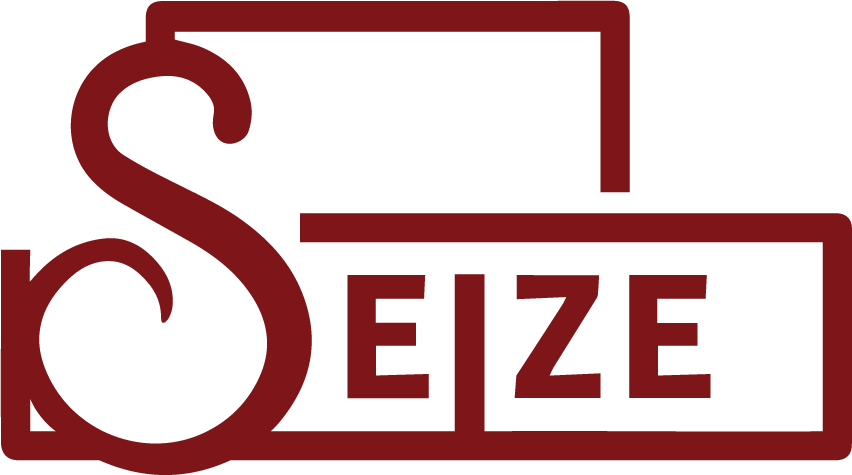Democratic Structuring
Social Solidarity Economy (SSE) initiatives are often founded on values of justice, collective responsibility, and shared power. Many of us feel an impulse to resist hierarchies, formal rules, and centralized authority. The lure of “structurelessness” is strong: it promises freedom, informality, and egalitarianism. But as Jo Freeman warns in “The Tyranny of Structurelessness,” structurelessness is not the absence of structure: rather, when groups lack explicit democratic structures, hidden power dynamics and unaccountable assumed authority often take root.
Without intentionally embedding democratic principles and practices into our organizing, a gap often emerges between our stated values and our everyday reality. Certain people may repeatedly assume leadership by default, while others are never invited to participate. Those with less time, fewer connections, or limited access to “insider” information can be systematically excluded, even if unintentionally.
This raises a critical question: How can SSE initiatives build structures that actively reinforce (rather than quietly undermine) our democratic values?
Purpose of This Resource
This guide offers:
-
- Core democratic principles that anchor who we want to be, how we want to organize.
- Concrete practices and tools that embody those values in real life.
- Advice for reflection and adaptation considering structures aren’t “one size fits all,” and they need care, maintenance, transparency, and frequent review.
- Core democratic principles that anchor who we want to be, how we want to organize.

Core Democratic Principles & Practices
| Principle | What It Means | Example Practices |
| Equitable Distribution of Power | No one person or small group holds decision-making power indefinitely or without accountability. |
|
| Frequent Information Sharing | Everyone has access to timely and accurate information needed to participate meaningfully. |
|
| Equal Resource Access | All members can access shared resources and opportunities fairly. |
|
| Accountability to the Collective | Individuals are responsible to the group and its goals, not just their own tasks. |
|
| Fair Task Assignments | Workloads are distributed fairly and sustainably based on interest, skill, and capacity. |
|
| Clear Delegation of Authority | Decision power is clearly defined and delegated to avoid both bottlenecks and power hoarding. |
|
Key Insights from The Tyranny of Structurelessness
Even “non-hierarchical” groups develop informal structures, often opaque, where power concentrates in friendship, networks or among those with more time, privilege, or status.
Tasks left unassigned or not intetionally rotated, often become the domain of a few: the ones with more capacity, social bandwidth, or “volunteer surplus.” Meanwhile, others who might contribute are neither empowered nor asked.
Formalizing structure (aka establishing clear roles, explicit decision-making mechanisms, rotating roles, sharing information) is not about recreating top-down hierarchies; it’s about making power visible, accountable, and distributed.
Additional Democratic Principles & Practices
(drawn from the International Cooperative Alliance, Reinventing Organizations, workplace democracy, and participatory governance best practices)
| Principle | What It Means | Example Practices |
| Collective Decision-Making | Big decisions are made together, centring those most affected. |
|
| Shared Vision, Mission & Values | Everyone is anchored by a common purpose and clear values. |
|
| Balance Power & Representation | Marginalized groups have real influence, not just token presence. |
|
| Prioritize Education & Capacity-Building | Build members’ ability to participate fully and critically. |
|
Embedding democracy into our work is not a one-time design choice: It’s a continuous practice!
Even the most values-driven organizations can drift into informal hierarchies and unequal dynamics if democratic principles are not actively maintained. By grounding your governance in democratic principles and using concrete practices to uphold them, you can:
- Distribute responsibility and recognition fairly
- Build trust, belonging, and long-term commitment among members
- Resist the concentration of informal power and burnout among a few individuals
- Ensure decisions reflect the voices of those most affected
Democracy is not just an ideal to aspire to, it is a daily discipline of listening, rotating roles, sharing information, and holding one another accountable. When nurtured intentionally, it becomes the foundation for resilient, inclusive, and liberatory social solidarity economy initiatives.
